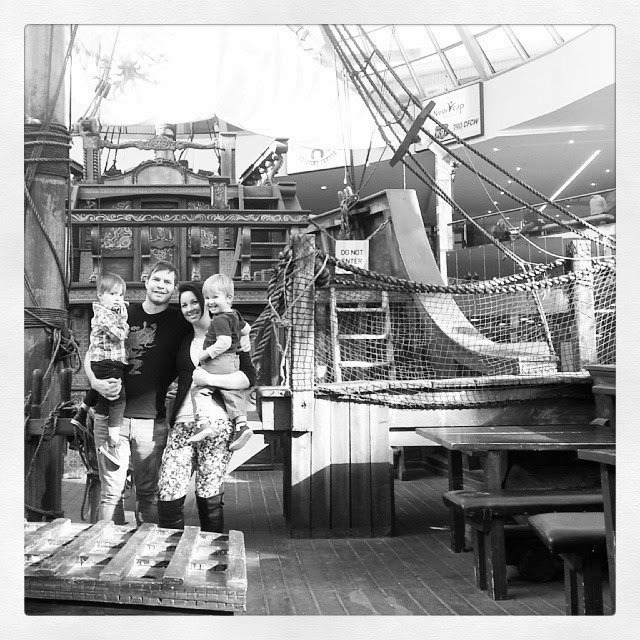I still remember when the internet came. A teacher told us about it in my grade twelve year. It wasn't even called the internet yet. It was called the world wide web and Mr. Mc Harahan has to actually use the metaphor of a spider web so we could understand what he was talking about.
At the time, I wrote letters to friends who didn't live in my town. Phones were used for talking to people and no one experienced any social anxiety from talking on the phone unless you were talking with someone of the opposite sex whom you found attractive.
My friends and I had physical photo albums that we shared with each other whenever someone came over to our home and we pointed out each picture and shared the memories attached to them. The only person who was trying to be a professional photographer was a fellow who had a studio on Main Street. The photos my friends and I took were not of a high quality and they weren't meant to be aesthetically impressive. Their purpose was merely to facilitate positive memories of our experiences and to share those experiences with others. When the film in my camera filled up I took it to the drug store and waited for a few weeks while they shipped it off to their development center and sent it back. The photos cost .75 cents each and some were bound to be throw-aways, pictures taken when I dropped my camera.
When I liked a girl I had to talk to her face to face or (more likely) not talk to her at all. If you liked someone, eventually it would get to them through people talking about it. If the liking was well-received they would let you know via the intersecting friend circles playing telephone. As your relationship developed there were only two avenues through which to interact: the telephone and in person. There was no communication with people in your town that did not include your voice.
I don't remember anyone ever cancelling plans. If your friends planned to meet, they showed up if for no other reason than because there was no way to contact you if you weren't at home.
I watched a lot of TV and most of the shows weren't very good. The televisions themselves were large bulky, usually wooden objects with fake drawers under the screen (never understood that). You couldn't take your TV anywhere (bathroom included). The television was limited to one or two rooms in a house. (sometimes three). I remember my principal had a television in the kitchen. People would say they had a "TV problem".
I say all this to say that, because of technology's rate of expansion, I'm talking like my grandfather used to talk to me when he was in his 70's, telling me about going to the movie house for 10 cents and riding a horse to school. I don't think we can deny that the internet has changed how we view our lives, how we recall our memories, how we fall in love, and how we interact with our friends. It also affects how we perceive the purpose for these relationships. It has affected how we talk and treat each other.
These three videos have made specific negative or positive judgements of the internet.
LOOK UP: (the internet has had a negative effect on our social life.)
https://www.youtube.com/watch?v=Z7dLU6fk9QY
LOOK DOWN: (the internet is amazing)
https://www.youtube.com/watch?v=EwKpOCFiDcI
TWITTER IN 60 SECONDS: (Twitter is amazing)
https://www.youtube.com/watch?v=ZYz9M70KVR0
Each of these videos make claims about the internet that are true. The dawning of the internet has dulled our social skills (Look Up). There are a lot of amazing aspects of the internet and how much we are mastered by technology is within the control of the person using it (Look Down). Internet technology has an amazing way of connecting us professionally and allowing us to share helpful information in our careers (Twitter in 60 seconds).
There are a lot of words in Look Up and Look Down but really they both have simple messages: the internet is bad socially (Look Up) and the internet is good. These are both very narrow-minded approaches to an incredibly vast social experiment.
If there's a single common lesson I can extract from the truths in each video it is that we have a choice. We have a choice to reject or accept how technology makes our lives better or worse. We can decide which is better, a phone call or a text, a Twitter hashtag or a binder of old resources, an online classroom or a traditional one.
This is a difficult task for those born or growing up since the dawn of the internet world. When something becomes the norm, it's more difficult to realize that you have a choice and sometimes you have to go against the current to support your choices.
I fear that technology has changed how we perceive "a better life". I fear that, since technology always claims to make our life easier (not better), for many a better life will be measured by ease. In turn our social decisions have the potential to become a path of least resistance which isn't necessarily a recipe for deep, long-lasting, worthwhile relationships.
I am encouraged by my Technology in Education class. There seems to be an understanding that internet technology is a tool and part of the skill in being a teacher is picking the right tool for the right job. If the internet is a hammer, perhaps teaching is a nail and social life is a screw.
Anyway, I've got to go. Grandpa needs help programming the VCR.



